
Power Struggle in Nepal’s Supreme Court: Maoist Center vs. UML
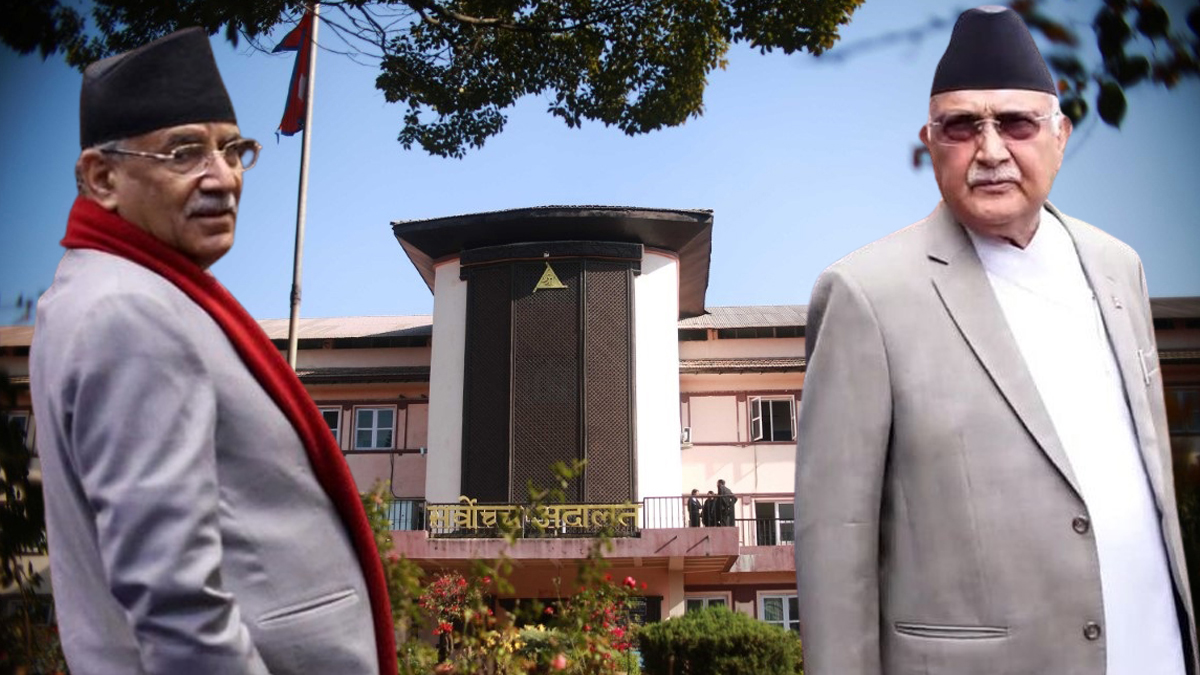
Nepal’s Supreme Court is currently embroiled in a contentious power struggle as key vacancies remain unfilled, causing delays in judicial proceedings and prompting political maneuvering. With four out of 21 justice positions vacant, the apex court faces significant challenges in dispensing justice promptly.
Senior-most Justice Ananda Mohan Bhattarai has withdrawn from hearing cases a month ahead of his retirement, while Chief Justice Bishwambhar Prasad Shrestha is scheduled to retire in September. Despite these imminent vacancies, the process of appointing new justices has not commenced, exacerbating the strain on the judiciary.
Sources within the Supreme Court reveal that lobbying for these coveted positions has intensified among legal professionals affiliated with Nepal’s ruling parties. Amidst the competition, Attorney General Dinmani Pokharel has emerged as a pivotal figure, with the Maoist Center advocating for his appointment to secure future leadership in the court. However, the CPN (UML), the other major political force, opposes this move, fearing long-term implications on the court’s leadership alignment.
Chief Justice Shrestha, advocating for meritocracy, favors elevating High Court judges to the Supreme Court based on seniority. This stance clashes with the political agendas of the ruling parties, who historically seek to influence judicial appointments through quotas and political affiliations.
The recent history of Supreme Court appointments reflects this struggle, with past selections often influenced by party quotas. The current deadlock in appointing justices underscores a broader rift between the Maoist Center and the UML, each vying to shape the judiciary’s future landscape.
The Judicial Council, responsible for recommending new justices, has faced internal discord. A recent meeting aimed at making these crucial appointments ended inconclusively due to disagreements over candidates, particularly concerning Attorney General Pokharel’s nomination. While Prime Minister Dahal supports Pokharel’s candidacy to strengthen his party’s judicial presence, UML leader KP Sharma Oli vehemently opposes it, citing concerns over potential prolonged influence.
The future Chief Justices have already been predetermined until 2036, highlighting the stakes involved in current appointments. The Maoist Center’s push to position Pokharel strategically for future leadership clashes with the UML’s strategic opposition, revealing deeper fissures within the ruling coalition.
- SC Orders Not to Allow Unauthorized Access to Personal Info
- Earthquake of 7 Magnitude with Epicenter in Tibet, Tremors Felt Across Nepal, Including Kathmandu
- Supreme Court Seeks Additional Documents in Bhutanese Refugee Scam Involving Prateek Thapa
- India Hands Over High Impact Development Project to Myagdi Multiple Campus
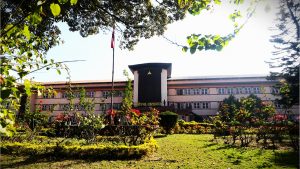


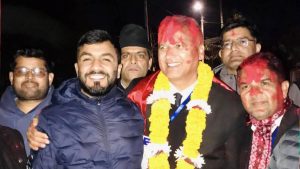
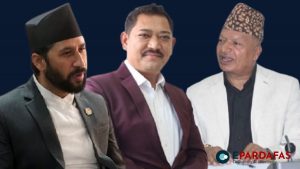
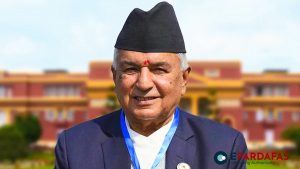

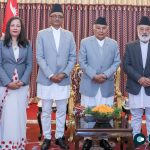



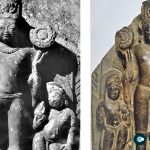
Comments